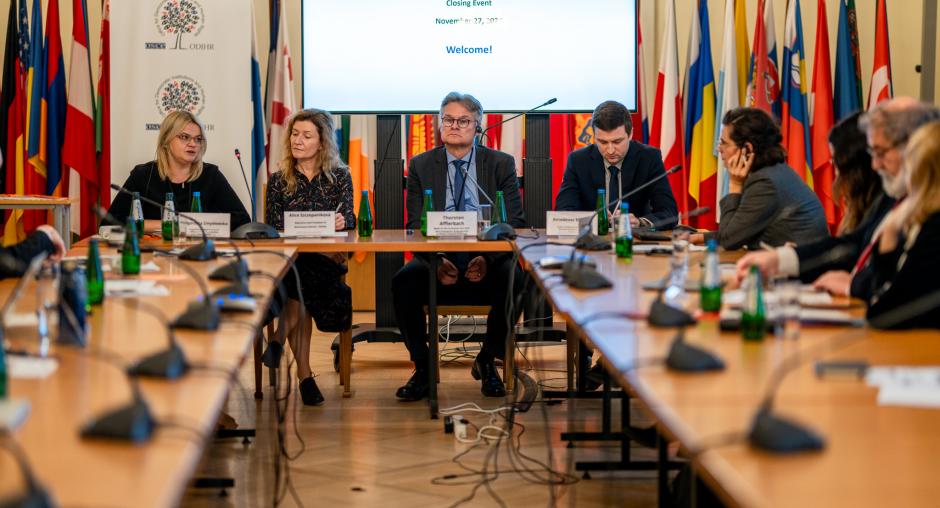Key Takeaways
- Poland successfully concluded an 18-month migrant integration project, emphasizing the power of local initiatives.
- The program provided tailored training in 13 cities, focusing on intercultural competence, combating misinformation, and inclusive practices.
- Poland’s model will be adapted to Baltic countries like Latvia and Lithuania to promote regional migrant integration efforts.
In my opinion, migrant integration is both a challenge and an opportunity for nations managing significant migration flows. Poland has demonstrated that well-crafted policies, supported by local initiatives, can benefit both newcomers and the broader community.
The 18-month project, led by the OSCE in partnership with the UNHCR and the Council of Europe, covered 13 cities, including Warsaw, Gdańsk, and Kraków. The core of this program was a series of training courses aimed at municipal workers, teaching essential skills in intercultural communication, strategies to counter misinformation, inclusive practices, and ways to address gender-based violence. These areas are critical in ensuring migrants’ successful integration into host communities.
Particular focus was given to Ukrainian refugees, whose numbers in Poland surged following Russia’s 2022 military actions. Cities like Warsaw and Łódź were on the frontlines, but the involvement of civil society and private sector partnerships turned the tide. This, in my view, illustrates how collaboration can convert challenges into opportunities.
A UNHCR report presented at the project’s conclusion highlighted Ukrainian refugees’ contributions to Poland’s economy through labor and tax revenues. However, economic benefits alone do not equate to integration. Persistent barriers, such as language proficiency and job matching, require targeted solutions. Poland’s experience underlines that true integration transcends financial metrics, relying instead on mutual understanding and social cohesion.
Inspired by Poland’s achievements, the project will expand to Baltic nations, including Latvia and Lithuania, over the next two years. This expansion signifies the scalability of Poland’s success, demonstrating how localized strategies can build inclusive communities where everyone feels valued and included.










